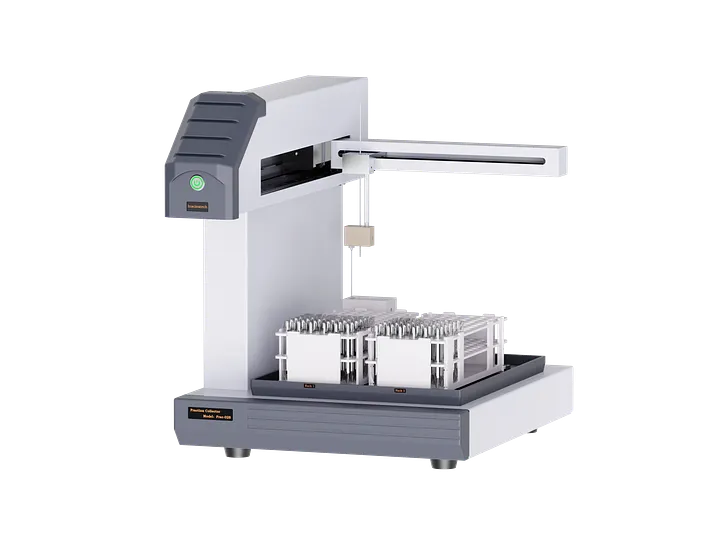Protein purification is a fundamental process in biotechnology and biochemistry, vital for studying protein function, structure, and interactions. This process involves isolating a single type of protein from a complex mixture, usually a cellular or tissue extract. The aim is to achieve a high purity level, ensuring the isolated protein is free from other cellular components and contaminants. This is crucial for accurate downstream applications like drug development, molecular biology research, and various diagnostic methods. Advanced techniques, including chromatography, electrophoresis, and ultracentrifugation, are employed to achieve this goal. Each method offers unique advantages, catering to specific types of proteins and research requirements.

Fast Protein Liquid Chromatography (FPLC):
Fast Protein Liquid Chromatography (FPLC) is a specialized chromatography used predominantly for protein purification. It operates under low pressure, making it ideal for the delicate separation of proteins and other biomolecules. FPLC efficiently separates proteins based on their size, charge, hydrophobicity, or affinity to specific ligands. This technique is renowned for its high resolution, speed, and ability to handle large sample volumes, which is indispensable in academic and industrial settings. It's a versatile tool essential in proteomics research and the biopharmaceutical industry, where the purity and integrity of proteins are paramount.
The Role of Protein Purification in Research:
Purification of proteins plays a pivotal role in molecular biology and biotechnology research. It's fundamental in understanding protein functions, interactions, and their role in various biological processes. High-purity proteins, such as X-ray crystallography and NMR spectroscopy, are essential for structural analysis, providing insights into protein function and drug design. Moreover, purification of proteins is crucial in producing therapeutic proteins and vaccines. The demand for high-purity proteins in research and therapeutics underscores the importance of efficient and reliable purification techniques like FPLC.
Advancements in FPLC Technology:
Fast Protein Liquid Chromatography has seen significant advancements in recent years. Modern FPLC systems are more sophisticated, offering higher resolution, faster run times, and improved automation. These advancements have greatly enhanced the efficiency of purification of proteins processes. Additionally, computer software integration for system control and data analysis has simplified the purification workflow. This progress in FPLC technology accelerates the purification of proteins process and increases the reproducibility and quality of the results, which is crucial for both research and industrial applications.

Conclusion:
Purification of proteins and Fast Protein Liquid Chromatography are indispensable tools in the biotechnological and biochemical fields. They are integral to advancing our understanding of proteins and their applications in various industries. As the demand for high-purity proteins grows, so does the need for innovative and efficient purification technologies. In this context, this website a high-tech enterprise specializing in biological separation technology, plays a significant role. With its numerous patents, software copyrights, and global presence, inscinstech.com.cn/en is well-positioned to meet the evolving needs of purification of proteins and FPLC, thereby contributing significantly to scientific research and industrial applications.
Blog Source URL:
https://inscinstech.blogspot.com/2024/02/advancing-biochemistry-essential-role.html























